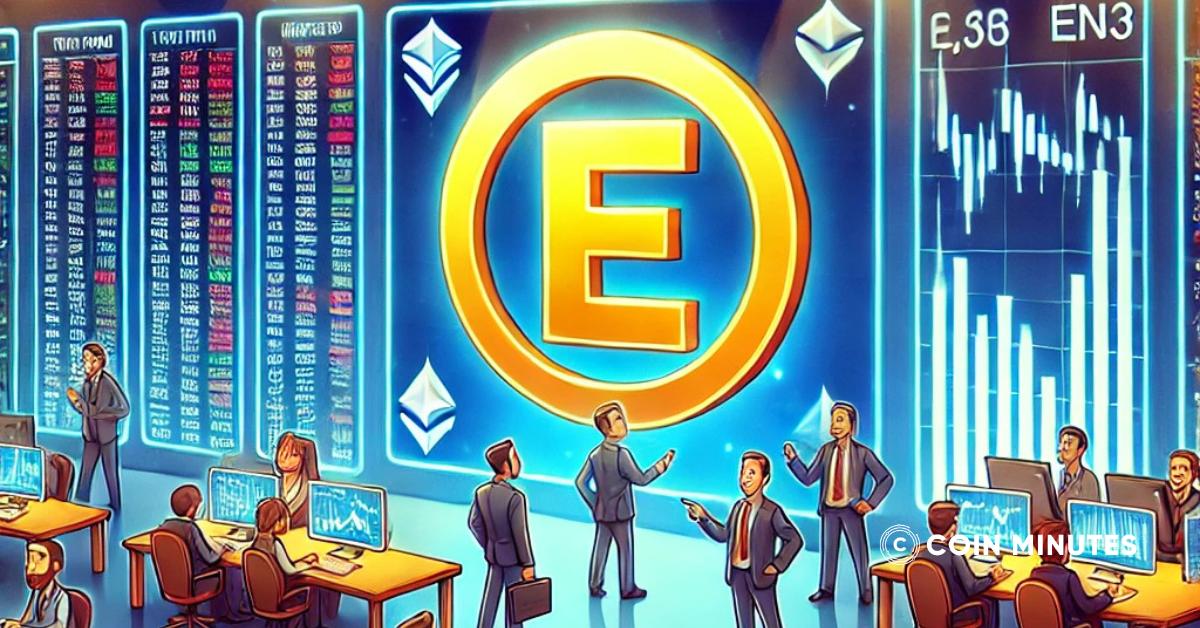What is Block Time?
Block Time is the average time it takes to create a new block on the blockchain. It plays a crucial role in transaction confirmation, network security, scalability, transaction fees, and decentralization in Bitcoin.
Block time directly affects transaction confirmation speed, reliability, network decentralization, and consensus. Shorter times enable faster transaction confirmations, enhancing security and scalability while reducing transaction fees but may reduce decentralization. Choosing an appropriate block time is a challenge for blockchain developers as it requires balancing these factors to ensure optimal system performance.
Key Takeaways
|
Factors Influencing Block Time
Several factors impact the time required for a new block to join the blockchain, each pivotal for the network’s operation and effectiveness. Key influencers of block time in blockchain networks include:
Mining Difficulty and Hash Rate
Block time in blockchain networks hinges on two main factors: mining difficulty and hash rate. Mining difficulty regulates puzzle complexity for miners, affecting block creation speed. Meanwhile, hash rate signifies network computational power, dictating how quickly solutions are found. Higher difficulty and hash rates typically lead to shorter block times ensuring network efficiency and security.
Network Latency and Performance
High network latency can slow down block propagation leading to longer block times. Conversely, optimized network performance including bandwidth, processing power, and node reliability facilitates faster block propagation and validation, resulting in shorter block times. Ensuring low latency and optimal network performance is essential for enhancing blockchain scalability and efficiency.
Consensus Mechanisms (Proof of Work, Proof of Stake)
The choice of consensus mechanism significantly affects block time in a blockchain network. Various networks employ different algorithms like Proof-of-Work (PoW), Proof-of-Stake (PoS) or Delegated Proof-of-Stake (DPoS). Each mechanism validates transactions and achieves consensus differently, directly influencing the speed of block addition.
Transaction Volume and Network Load
High transaction volumes and heavy network loads can lead to congestion and delays in block creation and validation. Optimizing network resources is crucial for ensuring efficient and timely block processing, highlighting the importance of scalability and network efficiency in blockchain systems.
Comparing Block Times Across Different Blockchains
High transaction volumes and heavy network loads can lead to congestion and delays in block creation and validation. Optimizing network resources is crucial for ensuring efficient and timely block processing, highlighting the importance of scalability and network efficiency in blockchain systems. Below are some block times for a few popular blockchains for your reference:
- Bitcoin (10 minutes)
- Arbitrum (0.25 seconds)
- Telos (0.5 seconds)
- Solana (0.47 seconds)
- Avalanche (2.06 seconds)
- Base / Optimism / Hedera (2 seconds)
- Fantom (1.83 seconds)
- BNB Greenfield (2.62 seconds)
- Klaytn (1.68 seconds)
- Artera (1.11 seconds)
- AirDAO (5.59 seconds)
Why Block Times Differ
In the blockchain field, the consensus mechanism determines the agreement among participants regarding the validity of each transaction. Each blockchain employs a different mechanism impacting the time it takes to verify transactions and create blocks.
Proof-of-work and proof-of-stake are two common types of mechanisms that use different verification methods. The block generation time varies for each blockchain, Bitcoin takes about 10 minutes while Ethereum only takes about 12 seconds.
The exact time required to generate a block on the Bitcoin network is governed by the difficulty level, which can change based on network conditions and the number of miners to maintain an average of 10 minutes per block.
Block Time vs. Confirmation Time
Block time is known as the average time required to generate a new block on the blockchain. Confirmation time, on the other hand, is the time needed for a transaction to be considered confirmed and irreversible. It is often measured by the number of blocks that need to be mined after the transaction is included in a block. Confirmation time may vary depending on the specific blockchain network and desired level of security.
For example:
- Bitcoin has an average block time of 10 minutes, and confirmation time is typically considered after 1 confirmation (about 10 minutes) or 3 confirmations (about 30 minutes).
- Ethereum has an average block time of 13 seconds, and confirmation time is typically considered after 1 confirmation (about 13 seconds) or 6 confirmations (about 1 minute).
The Bottom Line
Understanding block time is crucial for anyone involved in blockchain technology. It impacts transaction speed, network efficiency, and overall user experience. By grasping the significance of block time developers can optimize their applications and users can make more informed decisions. As blockchain technology continues to evolve, staying informed about key concepts like block time will be essential for leveraging its full potential.








